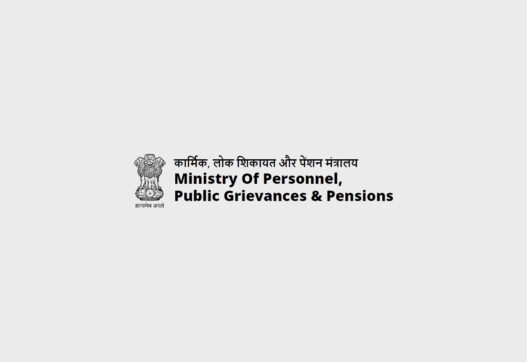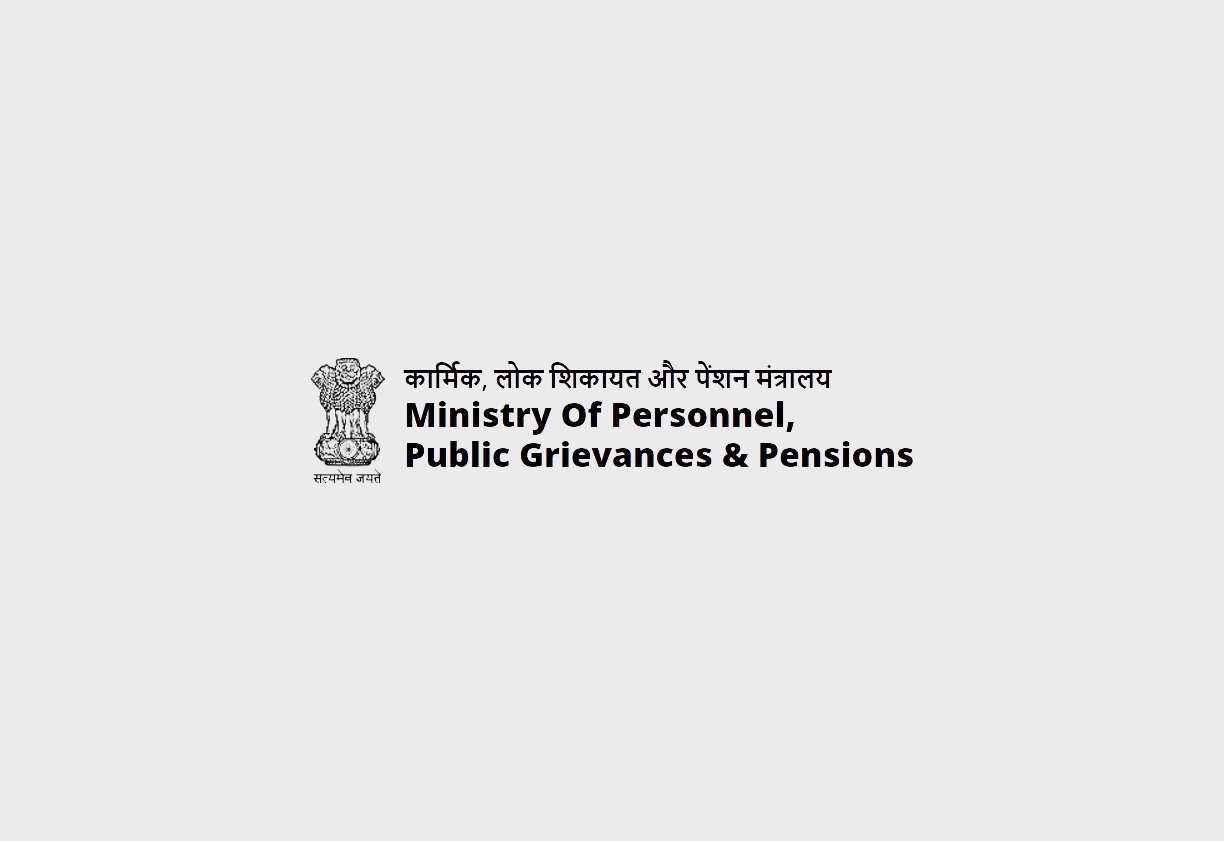Ministry of Personnel, Public Grievances and Pensions
The Prevention of Corruption Act, 1988, was enacted to consolidate and amend the law relating to the prevention of corruption and for matters connected therewith. This act aims to provide a comprehensive legal framework for combating corruption among public servants. The Act does not specify a particular ministry; however, it falls under the purview of the Ministry of Personnel, Public Grievances and Pensions in India, as it deals with matters related to anti-corruption and public service.
Enactment Date, Number of Chapters, Number of Sections:
The Prevention of Corruption Act, 1988, was enacted on September 9, 1988. The Act is structured into 5 chapters and 31 sections. These sections cover various aspects of corruption, including definitions, offenses, penalties, investigation procedures, and miscellaneous provisions.
Act Governed By:
The Act is primarily governed by the provisions outlined within its sections. It defines the offenses related to corruption, specifies the penalties for such offenses, and outlines the procedures for investigation and prosecution. The Act also establishes Special Judges to try offenses under the Act.
On Whom It Is Applicable:
The Prevention of Corruption Act, 1988, is applicable to all public servants as defined in the Act. This includes individuals in the service or pay of the Government, local authorities, corporations, and other public bodies. It also applies to persons who give or promise to give undue advantage to public servants.
Penalties/Punishments:
The Act prescribes various penalties for different offenses, including:
-
Imprisonment for a term which may extend to seven years (or more for habitual offenders) and fine for offenses relating to bribery and criminal misconduct.
-
Imprisonment for a term which may extend to five years and fine for attempting to commit an offense.
-
Fines for commercial organizations involved in bribery.
-
Imprisonment for a term which may extend to one year and fine for contravention of specific orders.
The Act also provides for the forfeiture of property acquired through corrupt means.
Important Pointers:
-
The Act defines “public servant” broadly to include various categories of individuals performing public duties.
-
It defines “undue advantage” to include any gratification other than legal remuneration.
-
The Act specifies offenses related to bribery, criminal misconduct, and other forms of corruption.
-
It establishes Special Judges to try offenses under the Act.
-
The Act outlines the procedures for investigation, including the power to inspect bankers’ books.
-
It provides for the attachment and forfeiture of property acquired through corrupt means.
-
The Act includes provisions for presumption of guilt in certain cases.
-
It protects actions taken in good faith by authorities under the Act.
-
The Act emphasizes the importance of transparency and accountability in public service.
-
The Act has been amended over time to adapt to changing needs and circumstances.
Act Copy:




